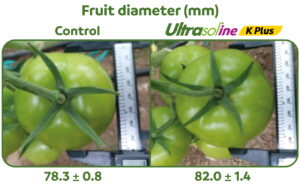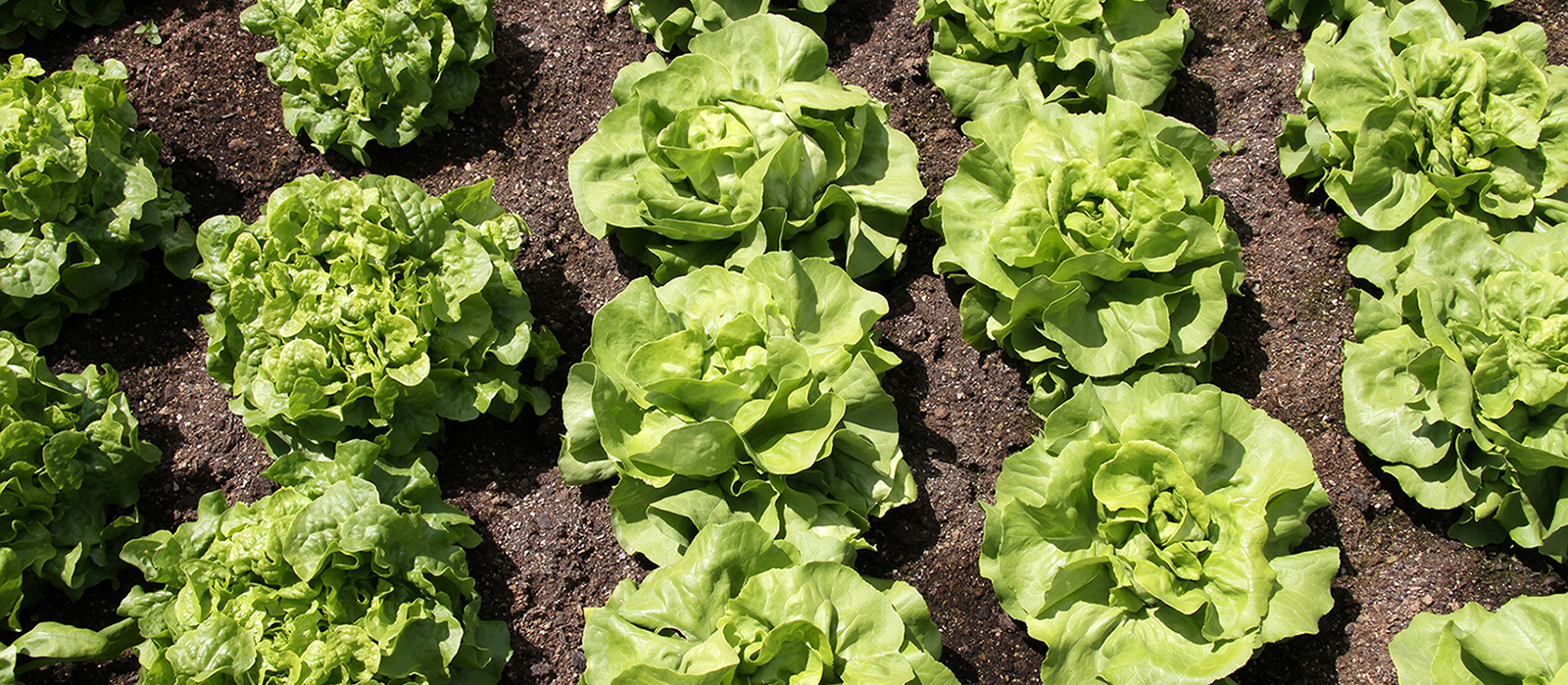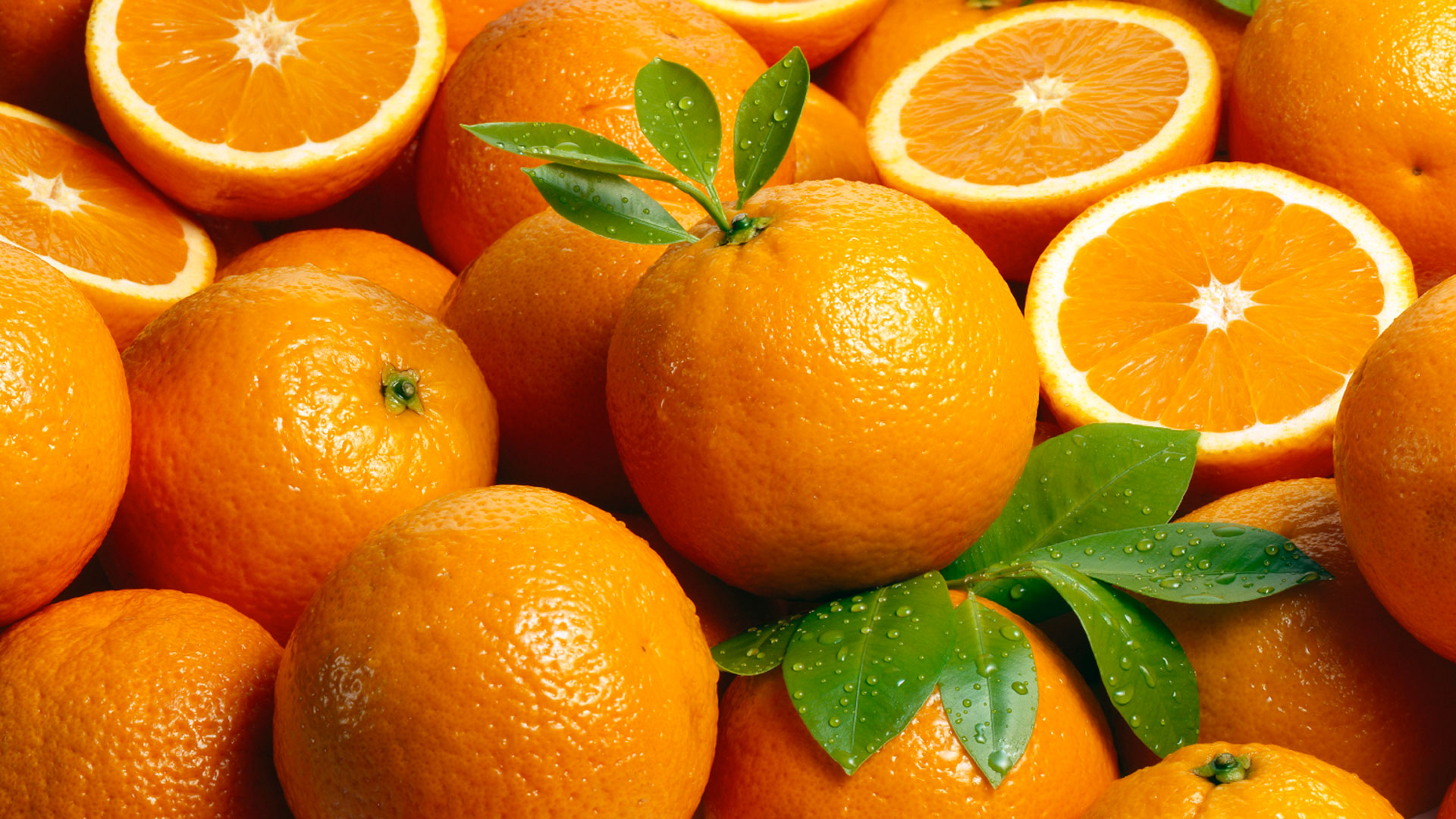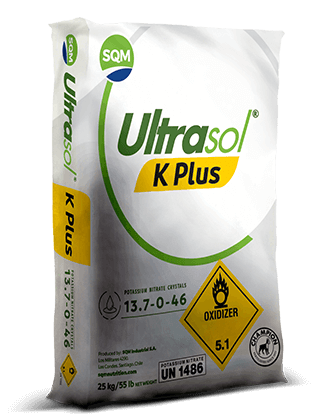This paper is a compilation of several representative studies (Imas et al., 1995; Feigin et al., 1991; Satti et al., 1994; Bar et al., 1997 and Levy et al., 2000) featuring substantial data establishing the concept that constant application of 2-10 mM potassium nitrate in the fertigation solution considerably aids in alleviating salinity problems. This concept is validated for five moderately salinity-sensitive crops representing the three main sectors of agriculture: sweet corn for annual field crops, citrus for perennials, and tomato, lettuce and Chinese cabbage for greenhouse-grown vegetables. Most of those studies can be found in this website database as well. The most important advantage of KNO3 versus many other fertilizers is that its contribution to salinity buildup is negligible. Both K and nitrate, which are the building blocks of this fertilizer, are macronutrients, and therefore, they are taken up in large rates while non-nutrient residues are not left in the soil. Potassium nitrate can counteract the deleterious effects of the chloride and the sodium in plant metabolism.








